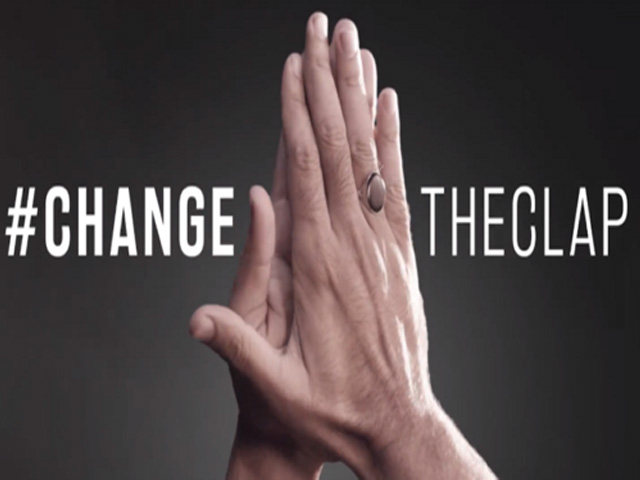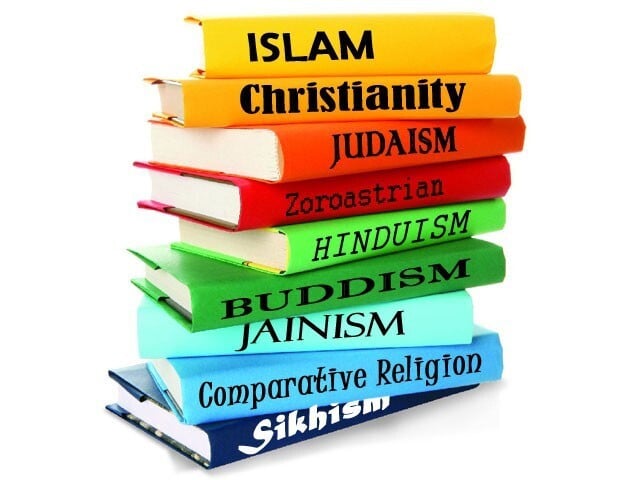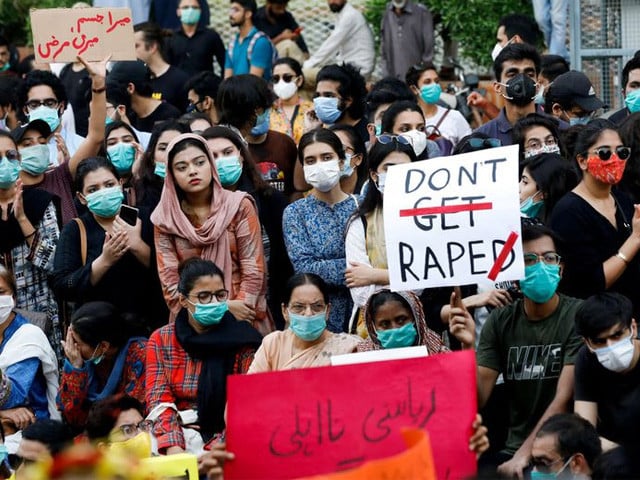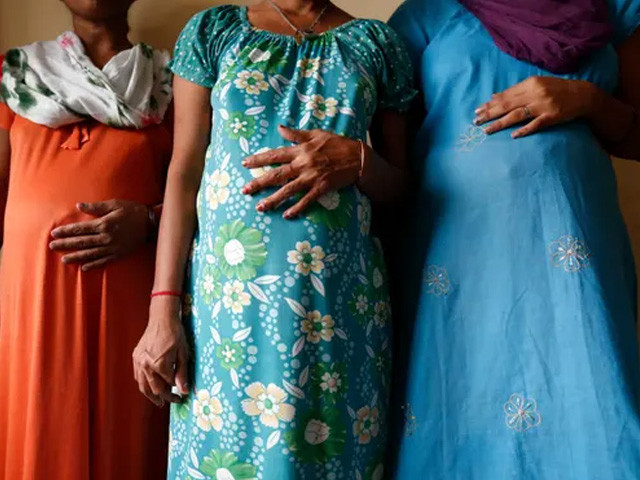
It’s about time that people start respecting and treating each other like they want to be treated themselves. PHOTO: SCREENSHOT
#ChangeTheClap: Giving inclusivity a new direction, one clap at a time
The transgender clap is a historical & powerful symbol but is widely taken out of context & mimicked to ridicule them
As 16 Days of Activism to end gender-based violence came to a close on December 10th, World Human Rights Day, the Asia Pacific Transgender Network (APTN) launched its #ChangeTheClap campaign. This campaign comes at an imperative time, considering that gender-based violence is on the rise and atrocities against the trans community, especially, are extremely prevalent. The campaign aims to directly challenge the way people perceive transgender people in Pakistan.
Brutality and humiliation towards members of the transgender community is something every citizen of Pakistan is aware of, or has taken part in, directly or indirectly, in some form or the other. Basic human rights are not granted to the transgender community here, making them vulnerable and subjected to disrespect and poverty. The lack of economic opportunities and other necessities needed to have a fair chance at life are gravely missing from the lives of majority of the trans people. This leads them to take up unconventional and sometimes dangerous employment methods, such as sex work and begging, reinforcing, unwillingly and unfortunately, the stereotypes already formed about them.
The #ChangeTheClap as a campaign attempts to dismantle these very stereotypes. It features a few renowned people from the transgender community such as Kami Sid, a trans activist and the first Pakistani trans model, for the short video campaign, which picks up a common sight associated with transgender people, the clap. The transgender clap is a distinct, horizontal flat palms striking against and perpendicular to each other, with fingers spread as opposed to the common applause-style, vertical palm and closed fingers strike. The transgender clap is also a historical and powerful symbol for trans people but is widely taken out of context and mimicked by the public to ridicule them. In fact, the trans community uses the clap in order to express themselves, in times of pain or when they need attention. Ignorance about the history of South Asian trans culture has led us to this point in time. Hence, even though the campaign is a global one, it pays special attention to the regional trans community.
https://www.facebook.com/WeAreAPTN/videos/1994508330767805/
Having said that, I believe it is a clever idea to use the clap as a point of reference to try to shift the perception of mockery to applause. That is not to say that the campaign claims to simplify the challenges faced by trans people by solely identifying them by their clap or that the clap is the only aspect of their life that needs to be addressed; it simply asks people to get involved in the campaign to appreciate and be inclusive of trans people.
It has been a real pleasure to see that numerous Pakistani celebrities and the general public has taken part in the campaign, lending support for the trans community, really applauding their efforts and their existence. Actors, models and rights activists alike in Pakistan have taken to Instagram and uploaded videos of themselves with heart-warming captions that depict and show just how many people want inclusivity. These celebrities include Ayesha Omar, Ahmed Ali Butt, Juggun Kazim, Faiza Saleem, Asim Azhar, Osman Khalid Butt and Ushna Shah.
https://www.instagram.com/p/Bch_lfVBKVW/?taken-by=ayesha.m.omar
https://www.instagram.com/p/Bchcerkl0rL/?taken-by=ahmedalibutt
https://www.instagram.com/p/BchxQQLlrvL/?taken-by=juggunkazim
https://www.instagram.com/p/Bck8t3sDvLJ/?taken-by=aclockworkobi
https://www.instagram.com/p/BcmuVA1lMY2/?taken-by=ushnashah
https://www.instagram.com/p/BckZk0ZAcDo/?taken-by=asimazhar
It has also been extremely positive and hopeful to see that others have attempted to run similar campaigns that aim to bring attention to the trans community, in particular to catalyse a more inclusive society for them. United Nations Women Pakistan (UNWP) recently launched a campaign in honour of trans people, shedding a more optimistic light on their lives, focusing and highlighting their success, academics and family acceptance.
https://www.facebook.com/unwomenpakistan/videos/1409126452549843/
Even though the intention of the concept shown in the UNWP video was progressive, I had one major reservation: they completely miscommunicated the meaning of what it is to be transgender. One particular moment in the video focuses on the trans person, describing that the person being talked about was born neither male or female, ultimately making her a trans woman. This indeed was quite disappointing considering that an entity such as UNWP got that wrong.
People who have done basic research on gender know that anyone born neither male nor female is known as an intersex person; they identify as the third gender. Intersex people are born with a naturally occurring intersex variation. This means that they have biological characteristics that are both female and male, whereas, transgender people have a gender identity or gender expression that differs from their assigned sex. The terms intersex and transgender are not mutually exclusive and cannot be used lightly. It is extremely vital to fully understand gender in order to create content for those very people who do not necessarily fit into restrictive boxes.
Nonetheless, I still would not go out and completely dismiss the effort of the campaign because I did appreciate the idea of the video, which was simply to end the culture of discrimination against trans people. The execution stage of the idea however, was flawed on many levels.
Some people took to Twitter to express disappointment regarding the same reservation I have.
The campaign is far from demeaning....in fact the opposite. What is demeaning, misleading is the video on intersex released by UNWOMEN yesterday. The video strengthens misconceptions of trans and intersex persons.
— Qasim Iqbal (@Qasimiqbal_naz) December 11, 2017
One would expect UNWOMEN would know the difference between intersex and trans persons....and to also not refer to trans persons as the 3rd gender!!!
— Qasim Iqbal (@Qasimiqbal_naz) December 11, 2017
https://twitter.com/MahmoudHKhan/status/940126612149895168
Even though, there have been initiatives taken by the Pakistani government to safeguard transgender rights in Pakistan, one can only hope that a sincere change occurs in the negative perception of transgender people. It’s about time that people start respecting and treating each other like they want to be treated themselves. With successful campaigns like #ChangeTheClap and its reach to the public, we have seen how people have happily contributed their time and support to the cause. Aside from running this campaign, APTN is now also advocating for the Transgender Rights Bill in Pakistan to be passed. Let us all hope to one day see a Pakistan that is trans progressive.




COMMENTS
Comments are moderated and generally will be posted if they are on-topic and not abusive.
For more information, please see our Comments FAQ